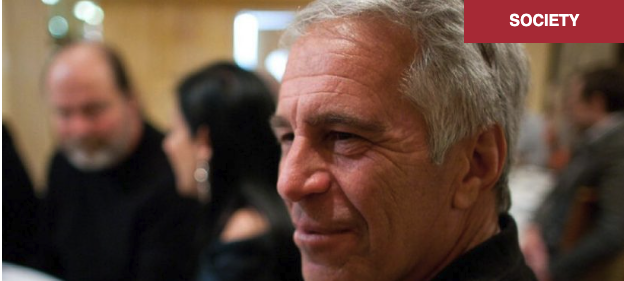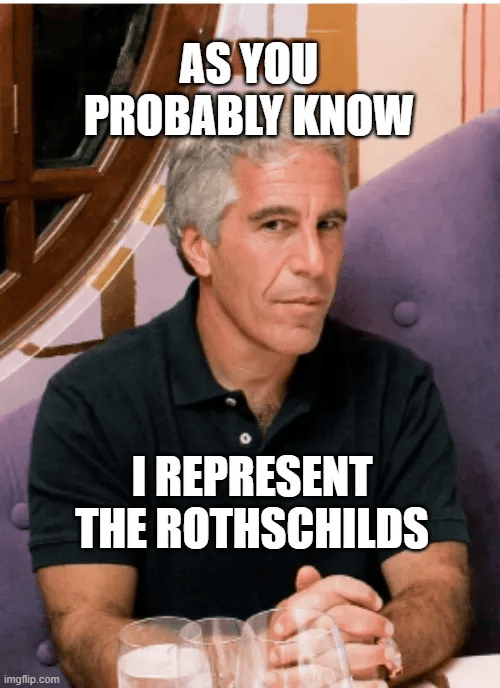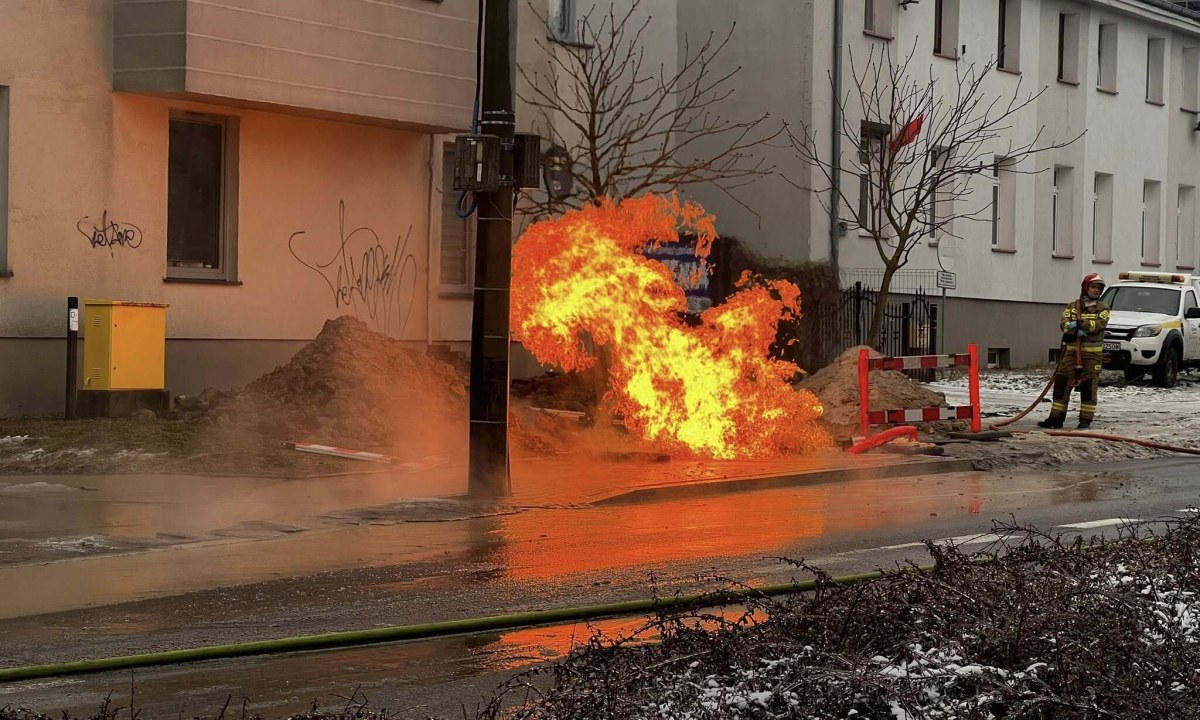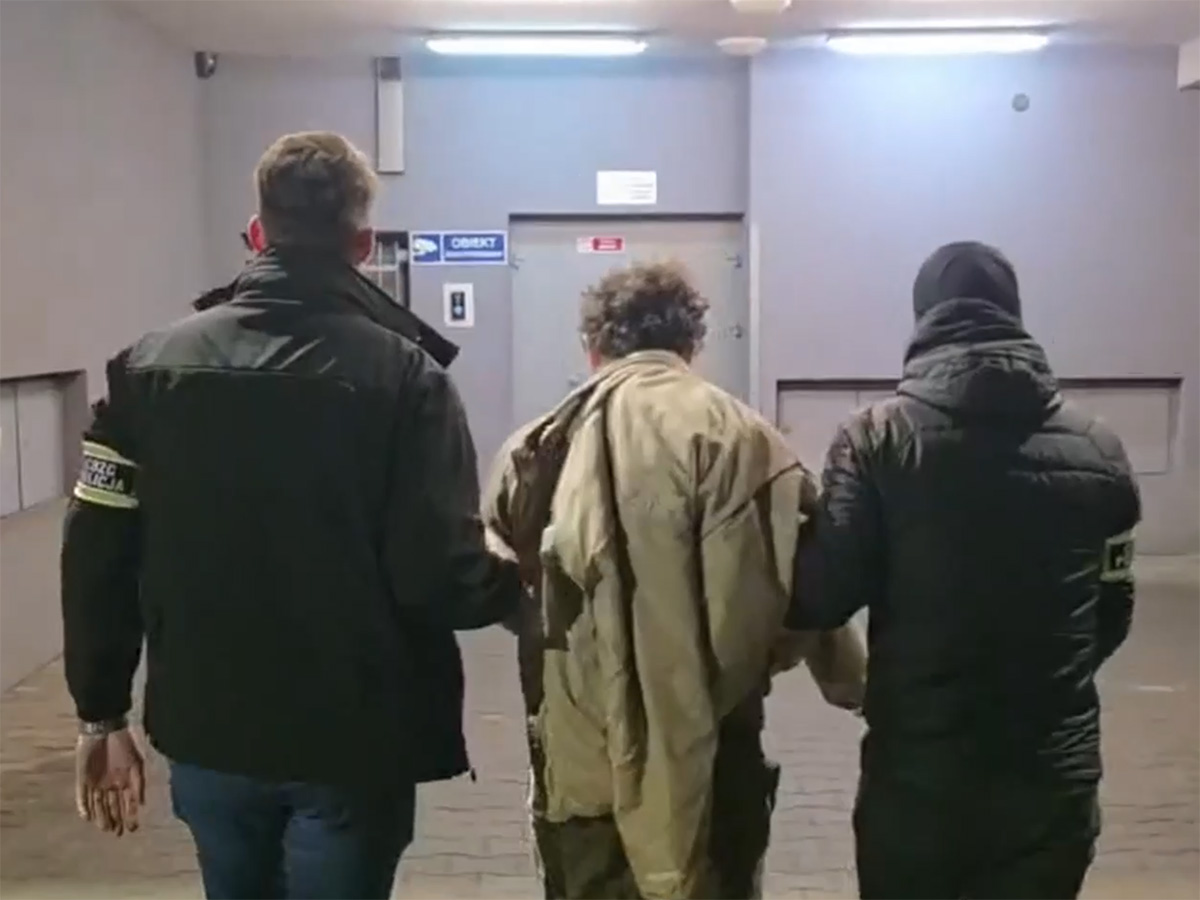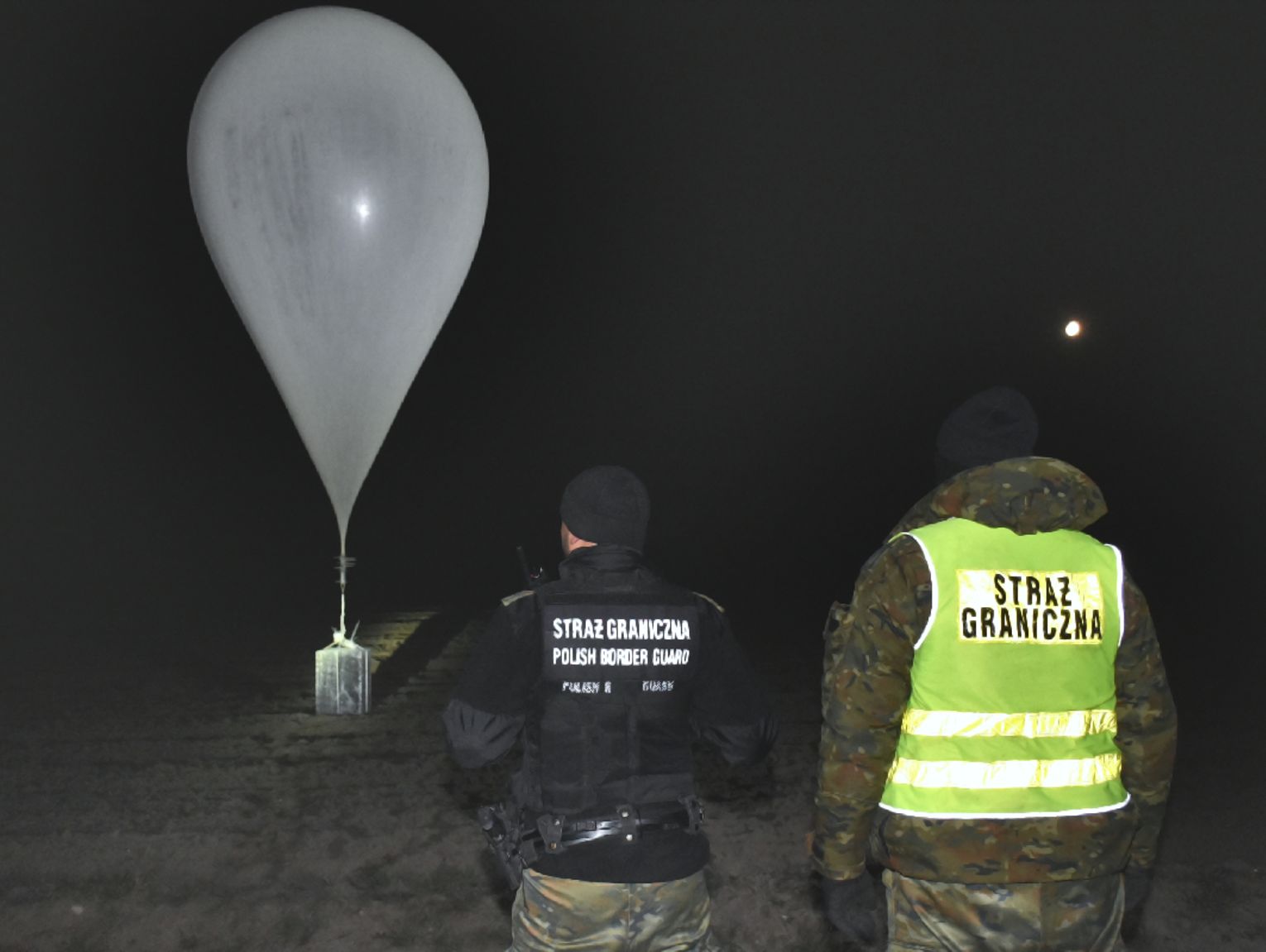Introduction
In 1911, a man named Felix Młynarski published his book Issues of independency policy. In this publication, he addressed the question of the underground state as a essential structure for building independency policy under occupations and the foundations of statehood at the time of gaining sovereignty. In 1939, his concept came into force. Why am I mentioning this today? The answer is found below.
History is accelerating today, and what we are witnessing in global politics only assures us of that: kinetic wars, economical wars and the helplessness of global institutions specified as the UN. Panic among the political class – Polish and European (ceiling at conferences, etc.) – forces us to ask: are they ready for the upcoming challenges? The kinetic war in Ukraine de facto began in 2014, and has been in acute condition for 3 years. What steps did the ruling class of the European Union take to respond to possible threats? While French, Italian, Spanish or even German can sleep peacefully, Poles can't. Hence the next question: did the actions taken by the Polish political class make citizens feel safe? Incidentally, during this year's presidential campaign, 1 of the candidates asked this question to the audience at his rally. He expected an answer from another – the crowd said: No! No!
Over these 3 war years, there have been 2 major parties to the political scene of our beloved homeland, and it seems that no of their decisions have contributed to expanding the sense of safety among citizens. Hence the next question: since the biggest Polish politicians are incapable to modernize the states and adapt to fresh realities, should we not say goodbye to them? Even if we agree to send them where they belong, is there any chance of an authentic exchange of elites? I'll say no!
Without changing the strategy and reforming the full state administration, nothing will change – even if another names appear in power. Trump's slogans (and later and actions) overturned global governance and accelerated the political crisis. At the same time, through the military weakness of the West, the spectrum of war with Russia is becoming more real. So what should we, as Poles, do to get out of this as small as possible?
Ad fontes
After planet War II, Wojciech Zaleski published a book entitled 1000 years of our community. The book addresses many economical aspects of our past and cannot be summarised here, but I would like to draw attention to 1 thing. For a 1000 years the Slavs in the territory of the First Republic have shown a large tendency to make local communities. It was on them, at moments erstwhile the national economy (or possessive) did not expel, that Poles were building their stability. They showed large ability to organize themselves.
These communities assisted local entrepreneurs by managing common capital. Each associate contributed a certain amount of the currency and then gained an impact on the way all the money was used. This model worked especially in the Prussian partition, erstwhile Poles were taken distant land and reduced economical freedoms. This motivated members of the community to cooperate, but besides to build political awareness to better measure the legitimacy of spending. The population of a given area grouped and collaborated with each another to advance common prosperity – without political mediation. This trend is very important, but about it later.
There is simply a gene of freedom in Poles. After planet War II, people ruled with views that were completely opposite. For 50 years, they tried to teach Poles that there is no freedom. The strategy was designed from scratch so that the citizen did not have independence. While any effectiveness of this policy can be seen in generations raised in the Polish People's Republic of Poland, in the 1990s a generation began to grow up looking for more than just a life dependent on the state administration.
Today, this gene swells in us more and more and this is seen in the dynamic economical improvement of Poland. We look for economical gaps and enter them with our passion, frequently being better than this mythical West, to which our generation has no complexes. The biggest obstacle to our ambition is the state and its lame administration and the prevailing structure — regardless of the camp in power.
Our political “elites” grew up in the old planet and in the post-PRL-owski complex towards the West. Their reasoning is no longer up to date, and in conjunction with their delusion of superiority towards us, is simply a noose on our necks. In spite of that, we're inactive growing, we're inactive up and making money. Despite all intents, the state strategy is not following us. But it looks like it's about to change.
The erstwhile conviction may sound positive, but the reality is completely different. I'll mention to that. As I wrote above, the economical crisis and the threat of war are increasing. We, in turn, receive further information on how our country is not doing. Polish taxation law is so complicated that officials frequently get lost in its meanders. all now and then, information comes out about how large companies bring immense sums of money out of Poland, utilizing taxation gaps – possibly the most loud was the issue of taxation settlement of courier companies and a publication comparing how much the Polish company donated to the budget, and how many abroad competitors. Grotesque.
The inadequacy of state institutions revealed itself, among others, during the last flood and in their inability to aid rebuild the flooded area. Moreover, justice present has its eyes. At least erstwhile a week, there is an example of gross violation of the law and ridiculous consequences that, if at all, meet privileged people who break the law. From drivers hitting girls on belts, by acquitted celebrities driving a car drunk, to politicians mocking the constitution – due to the fact that they can.
Hospitals are having expanding financial problems, and the number of doctors is dropping year by year. Finally, the military. We buy equipment, we don't know for what: defense? Offensive? To “in”? We find out, by the way, that we don't even get the keys that activate the rockets purchased. There is no spare ammunition, we have no ammunition companies, we have no gunpowder. The army on top is ossified and, as the proverb says, prepares for the erstwhile war. They spend powerful sums on equipment that we can't or won't be able to use.
And in the face of all of this, the presidential run comes down to who will do more push-ups and who more loudly wave cucumbers and waffles! Someone's gonna think absurd. But unfortunately, this is what reality looks like. We're writing the worst drama in our nation's history.
I am writing about this for 1 intent – I only want to draw attention to what a cardboard administrative state Poland is. The chance to change that is oscillating around zero. It is so essential to introduce into the public debate reflections on any form of self-organization in order to think about surviving in the face of an upcoming collapse. This is our story.
I found inspiration in these authors – Feliksa Młynarski and Wojciech Zaleski – but 1 cannot forget about Felix Koneczne and his series of lectures or pamphlets about our history.
While Młynarski wrote in the circumstances of partitions and had to think about conspiracy and underground, we have the comfort that we – so far – did not scope specified circumstances. So let us consider present any form of self-organization in the realities of the 3rd decade of the 21st century. Let us call this concept, for the purposes of this text, “Foundation”. We have an advantage over the people of the early 20th century – the Internet, which is simply a powerful tool for contacting and attracting citizens. That's why my thought is based on a platform or a web site that can accommodate people.
Idea
Moving around the skeleton of the Młynarski State, specified Foundation would gotta consist of 3 main departments: legal, economical and educational and cultural.
Legal department
At the very top of the jurisdiction there would should be a constitution or something corresponding to it. There would be general principles – both rights and obligations of members. A sine qua non condition would be to make contributions or subscriptions, i.e. basic capital building. The overall profit and prosperity of the foundation should be the goal of all members – something connecting and connecting their fate.
There would besides be a request for a tool to mobilise the active action that I will mention. Passivity should be penalised in any form, e.g. by suspending or limiting associate States' rights. Of course, there would should be any board whose main decisions would be co-formed (to a greater or lesser extent) by all members. An analytical cell would besides be needed to prepare reports on the consequences of the proposed decisions.
Something like the Romanum forum – presenting different improvement scenarios, their benefits and risks. All members would gotta make rational decisions based on their own interest and at the same time the interests of the Foundation, which is common. Everything should be covered by a legal framework akin to the Constitution. But for that, it takes specialists and prominent law experts.
Lex est ratio summa – the law is the highest expression of reason.
Economic department
In this area, it would be essential to combine common interests with individual interests. Each associate should care about the Foundation's welfare.
The members of the Foundation would be straight curious in its success by throwing themselves into a common portfolio and utilizing it in the form of various types of benefits. In addition to systematic contributions, the Foundation would besides undertake economical activity by investing in various projects, for example:
- lending to owners of companies that are members of the Foundation,
- construction of a road to the economical region in a circumstantial municipality,
- educational programmes for children from poorer areas of east Poland,
- equipment gaps in selected military units,
- promotion of global members of the Foundation and the companies involved.
The rules of operation would vary depending on the case: loans could be granted at a low percentage; for the built way, the Foundation could receive a percent of the profits of a given economical zone; aid to schools would be alternatively a charitable activity; soldiers who the Foundation would help, for example, train students in the field of endurance or arms service – of course, this would be organised by the Foundation.
Economic activity of the Foundation could also, in a sense, replace the inability of the Polish Ministry of abroad Affairs, promoting Polish business and mediating in commercial agreements. It would supply legal and capital support, drawing on certain financial benefits. In the long term, this could lead to the creation of a communication centre for global trade – with subsidiaries specified as fresh York City, Shanghai or Ankara.
As far as the interior marketplace is afraid – here I have an thought rather courageous: the Foundation could besides service as an intermediary. I utilized the word "jurisprudence" before for a reason, which means not only judicial caselaw, but besides the general strategy of functioning of the law. In our context, this would mean that entities operating within the Foundation and utilizing its brokerage in contracts would at the same time agree to submit to the Foundation's legal strategy – not to the state judiciary.
Furthermore, the Foundation could besides mediate financial flows: for example, entity A gets along with entity B, but alternatively of signing the contract directly, they conclude it through the Foundation. As a result, A-Fundation and Foundation-B would formally replace A-B. The object of the transaction does not change, but the funds go through the Foundation.
Such a solution could reduce excessive taxation and, on the another hand, would bring gross in the form of commissions to the Foundation. This would, of course, require the appropriate taxation position of the Foundation and advanced legal and economical precision.
In another words, we request quite a few legal and financial equivalence here.
Educational and cultural department
This department would be tasked with educating members of the Foundation so that their decisions are as rational as possible. The key items here would be:
– logic and mathematics,
– economics,
– political discipline or history.
The Foundation could run an online platform with teaching materials and an examination system.
Depending on their knowledge, members would receive a certain position that would affect the importance of their vote in decisions taken within the Foundation. By default – the more educated the member, the bigger the quantifier would have in the vote. This would be a solution that breaks the mentality of modern “democracy” based on equal voices and at the same time refers to the Republican tradition. And at the same time, it would be a large motivation for self-education.
The first part of the text – the introduction – I end with the question: how do I get out of the worst of the approaching political storm? I'll answer that.
In my opinion, this department – educational and cultural – would be the most crucial one. Why? The answer, dear reader, is: timeor alternatively – no time.
The pace of political change in the planet is so fast that the current strategy in Poland is incapable to respond to it. We are bound to fall. The consequence of this may be greater or little failure of sovereignty. And this translates, if not translated today, into the promotion of education without national identity* and, looking at contemporary cultural trends, into the mythology of logic.
The main task of the educational department would be to make a "citizen's substance" – a group of people capable of surviving a period of failure of autonomy. specified a group could form the foundation of a fresh statehood erstwhile it comes to regaining sovereignty.
That is why the function of this department is so important. It is up to him to see whether the concept of self-organization will last the impending time of historical turmoil.
Completion
Niall Ferguson in his book Market vs. Town Hall in a phenomenal way shows the communicative from the position of the conflict between the hierarchical strategy and the network system. Without going into item – the thought accompanying this article is par excellence network structure, i.e. bottom-up, flexible, based on relationships and common interest.
In 1 chapter of the aforementioned book Ferguson compares the bloody French revolution with the American revolution – much more effective and more coherent. The main difference was that the various groups participating in the French Revolution did not have "node" – that is, people who could connect, coordinate and build trust between them. This led to massacres on the streets of Paris – revolutionaries murdered everyone, including... another revolutionaries.
It was completely different in America. Their formations had “nodes” – leaders and organizers – which united actions and led to the success of the revolution there.
I mention to this to make you, the Reader, aware of the importance of people who build trust in different groups. If we think about the effective functioning of the Foundation, it will not be without the participation of the authorities – people who will advance it and bind it from the top.
Of course, the concept described here is not an thought for everyone – but it may be the origin of a network that will last erstwhile another structures fail.
Does the article sound naive?
Even so, dear reader, I appeal to you – usage your creativity. Correct, criticize, tell your friends. erstwhile Felix Millarski in 1911 released Issues of independency policyHe was ridiculed and named naive.
Twenty-eight years later – no 1 laughed anymore. Its concept became the foundation of the Polish Underground State.
Love Kurlanc


